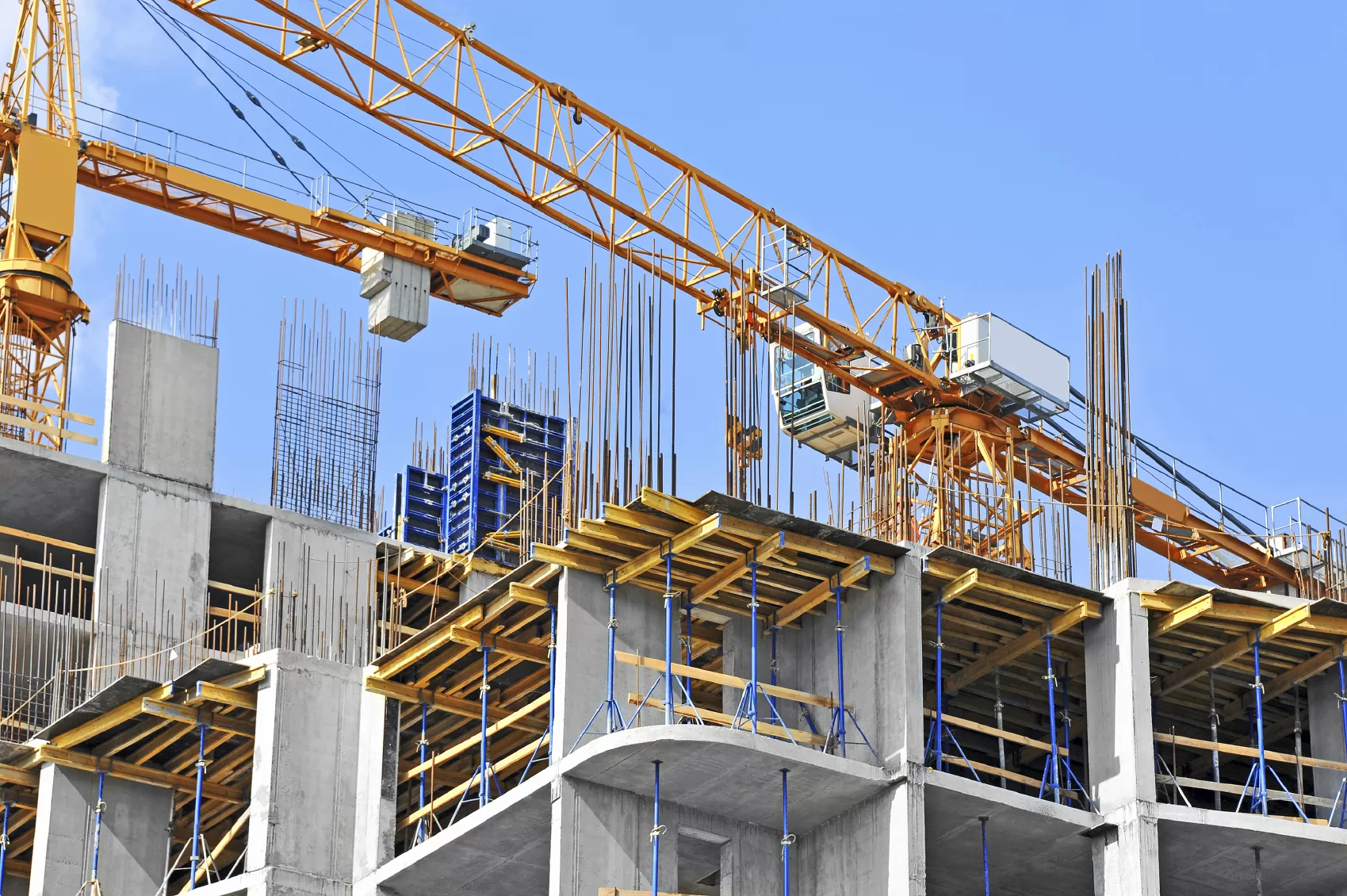The great explorer of the truth, the master-builder of human happiness no one rejects dislikes avoids pleasure itself because it is pleasure but because know who do not those how to pursue pleasures rationally encounter consequences that are extremely painful desires to obtain.
Read More
Construction Related Facility Services
Introduction to Facility Services in Construction Facility services in construction encompass a range of activities and support services required to ensure that buildings and other structures are constructed efficiently, maintained properly, and operated smoothly. These services span the lifecycle of a building from the initial planning and construction phase to ongoing maintenance and eventual decommissioning or renovation.
Types of Facility Services
Pre-Construction Services
Site Assessment and Selection: Evaluating potential sites for construction, considering factors like soil stability, environmental impact, and accessibility.
Design and Planning: Collaborating with architects and engineers to develop detailed construction plans that meet regulatory standards and client specifications.
Cost Estimation and Budgeting: Providing accurate cost estimates and helping to develop and manage budgets.
Construction Services
Project Management: Overseeing the construction process, coordinating with contractors, suppliers, and stakeholders to ensure timely and within-budget completion.
Quality Control and Assurance: Implementing quality control measures to ensure construction meets specified standards and regulations.
Health and Safety Management: Ensuring all safety regulations are followed to protect workers and minimize risks.
Post-Construction Services
Commissioning: Testing and verifying that all building systems (HVAC, electrical, plumbing, etc.) are functioning correctly.
Handover and Training: Providing training to facility managers and staff on the operation and maintenance of building systems.
Documentation: Delivering all necessary documentation, including as-built drawings, operation manuals, and maintenance schedules.
Maintenance and Operational Services
Preventive Maintenance: Regularly scheduled maintenance to prevent breakdowns and extend the lifespan of building systems.
Corrective Maintenance: Repairs and maintenance performed in response to system failures or issues.
Energy Management: Monitoring and optimizing energy use to reduce costs and improve sustainability.
Cleaning and Janitorial Services: Ensuring the building is clean, safe, and sanitary for occupants.
Importance of Facility Services in Construction
Enhancing Building Performance Facility services ensure that buildings operate efficiently, reducing energy consumption, minimizing downtime, and extending the lifespan of building components.
Ensuring Compliance and Safety These services ensure compliance with local building codes and regulations, thereby enhancing the safety and well-being of occupants.
Cost Management Effective facility services help manage costs by preventing expensive repairs, reducing energy use, and optimizing maintenance schedules.
Trends in Facility Services
Smart Building Technology
Integration of IoT (Internet of Things) devices for real-time monitoring and management of building systems.
Use of Building Information Modeling (BIM) for improved planning and management.
Sustainability Initiatives
Implementation of green building practices and use of sustainable materials.
Energy-efficient building systems and renewable energy sources.
Outsourcing and Facility Management Companies
Increasing reliance on specialized facility management companies to provide comprehensive services.
Challenges in Facility Services
Technological Integration Integrating new technologies with existing systems can be complex and costly.
Skilled Workforce Ensuring a workforce with the necessary skills and training to manage modern building systems.
Cost Management Balancing cost-effective solutions with the need for high-quality, reliable facility services.
Conclusion Facility services are a critical component of the construction industry, ensuring that buildings are constructed to high standards and maintained efficiently throughout their lifecycle. By staying updated with the latest trends and overcoming challenges, facility service providers can contribute significantly to the success and sustainability of construction projects.
Key Takeaways for Facility Managers
Understand the Scope: Be clear on the range of services required at different stages of construction and throughout the building's lifecycle.
Focus on Quality and Compliance: Ensure all services meet quality standards and regulatory requirements.
Leverage Technology: Utilize smart building technologies and BIM for efficient facility management.
Prioritize Sustainability: Implement practices that enhance energy efficiency and reduce environmental impact.
Manage Costs Effectively: Develop strategies to optimize costs without compromising on quality and performance.







